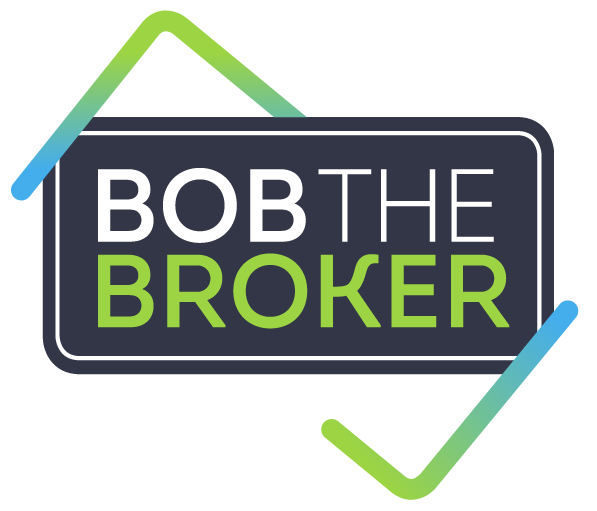How to Improve Your Finances
Do you ever have a feeling you are not quite where you want to be financially?
Do you stop and think about how you could be improving your financial situation? Do you ever have thoughts like…
• “Am I paying too much on my bills?”
• “Why can’t I seem to save enough?”
• “How can I clear some debt?”
• “Could I get a better offer on my mortgage?”
Whether you have some niggling concerns or facing more significant financial challenges, acting sooner rather than later is always the best approach − and there is no better time than now!
A new year, a new financial you!
Embrace the new year. By using this time to clear your mind of clutter, regardless of your financial situation, the majority of us could make a fresh start and improve our money management. It is not as hard as you might think – and it doesn’t have to be done all at once. Breaking it down step-by-step is far more achievable and effective. Each task ticked off your finance to-do list is an achievement!
If you want 2022 to be a better year for your money, consider taking these 8 financial actions.
1. Set aside regular time for money matters. Take control of your finances by dedicating regular time for money matters. Try to establish a habit of doing this monthly and tick off a task each month!
2. Calculate your net worth. If you don’t have a starting point of your financial position, you are less likely to feel like you are accomplishing something. A good start is to calculate your net worth − the difference between what you own and what you owe. Make a list of your assets (what you own) and your liabilities (what you owe). Subtract the liabilities from the assets to calculate your net worth. Tracking your net worth each year will highlight your progress and identify improvements needed.
3. Create a goal and budget. The most effective way to move ahead financially is knowing where you want to be and having a plan on how to get there. Maximise your money situation by prioritising your spending. Budgeting helps you allocate money for the things you want and need within your financial limitations.
4. Manage lifestyle creep. The more money we earn, the more we tend to spend. This is commonly known as lifestyle creep, or lifestyle inflation. Lifestyle creep happens when increased income leads to increased discretionary spending. Without realising it, your lifestyle can take priority over your financial security. Actioning step 3 – Creating your budget – can help control your lifestyle spending.
5. Spend mindfully. Be mindful of the difference between needs and wants so you can make better spending choices. Your needs (such has food, housing and healthcare) should take priority over your wants. Importantly, after you have addressed your needs, allocate funds towards your financial goals before expenditure on discretionary wants. Money left over each week or month ideally would go to further savings. This is where Step 3 (Creating your budget) will come in handy.
6. Separate funds. Create a designated savings account or save into a mortgage offset account. Automate your savings so your bills and debts are paid first. The more money you can save the better – this allows more time to enjoy compound interest (interest on both the amount you've saved and the interest you've already accrued). If you are saving into an offset account, the more money you save, the less interest you pay on your home loan.
7. Build an emergency fund. Be prepared for life's surprises. An emergency fund will help you pay for urgent or unexpected expenses that you wouldn’t normally include in your personal budget without relying on credit.
8. Review your home loan. Your mortgage payments are likely to be the largest expense within your budget. Ensuring you have the most appropriate home loan for your personal situation can assist in the achievement of your financial goals.
If you need assistance in assessing your financial health, contact our office and let us help you reach your financial goals.
It is important to build good regular habits that help you make better financial choices. These habits will not only help to improve your financial situation but will also ease your mind and alleviate stress.
If you'd like help with assessing your personal and financial situation, as well as comparing the loans in the market to see if you're truly getting the right deal for you, then call Bob Malpass now on 0431 862 136, email [email protected]
Thanks for reading
Bob
Disclaimer
The advice provided on this website is general advice only. It has been prepared without taking into account your objectives, financial situation or needs. Before acting on this advice you should consider the appropriateness of the advice, having regard to your own objectives, financial situation and needs. If any products are detailed on this website, you should obtain a Product Disclosure Statement relating to the products and consider its contents before making any decisions. Where quoted, past performance is not indicative of future performance.
Malpass Finance Pty Ltd disclaim all and any guarantees, undertakings and warranties, expressed or implied, and shall not be liable for any loss or damage whatsoever (including human or computer error, negligent or otherwise, or incidental or consequential loss or damage) arising out of or in connection with any use or reliance on the information or advice on this site. The user must accept sole responsibility associated with the use of the material on this site, irrespective of the purpose for which such use or results are applied. The information on this website is no substitute for qualified financial advice.

